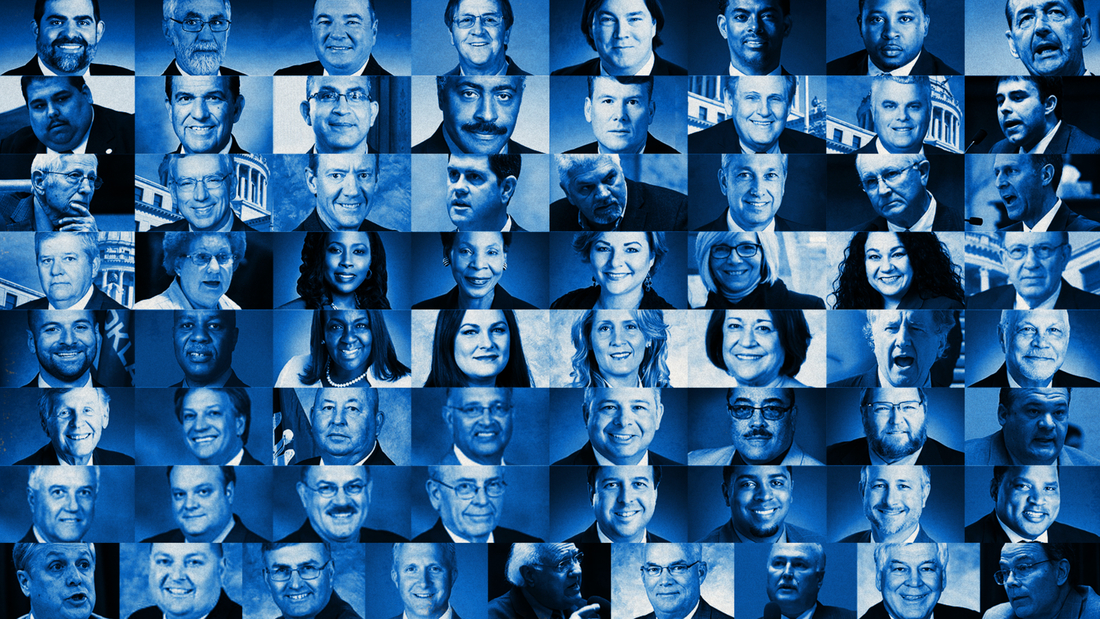
He is “the extremist right’s trusted vote when it comes to attacking abortion access,” one abortion rights advocacy group in Texas proclaimed in 2021.
He is also a lifelong Democrat.
A CNN analysis of legislative records and reported party affiliations shows that the Republicans passing increasingly strict abortion bans around the country have been joined by scores of unlikely allies: Democrats.
All but one of the laws would have passed with Republican votes alone, and a few were passed without a single vote from a Democratic lawmaker. Republican legislators almost always voted in favor of the restrictions, which experts say shows how the issue has been much more of a litmus test for Republican state lawmakers than it has for Democrats.
Lucio told CNN that being an anti-abortion Democrat “feels lonely” at times, but that most of his constituents are “Christians whose upbringings taught them fundamental values of what is right and wrong.”
He said he doesn’t believe abortion is only a women’s issue, since both men and women are involved in conception, and that men “have shown that they have a natural instinct to protect the human race.”
“Many times, I believe, women would choose not to have an abortion if men would demonstrate a moral sense of responsibility,” he said.
But that is not always the case for individual Democratic state legislators.
In Arkansas, four of the state’s 29 Democrats voted in 2019 to pass the trigger ban that criminalized abortion under nearly all circumstances. They were all men. That same year, 14 male and five female Democrats in Kentucky voted for a similar state ban, representing nearly 40% of all Democrats in the state legislature at the time. And in Mississippi, nine male Democratic lawmakers voted in 2018 to pass the 15-week abortion ban that ultimately led to the overturning of Roe v. Wade. The laws received almost unanimous support from Republicans, except for a single no vote in Arkansas.
In all, men represented more than 80% of the Democratic votes in state legislatures in favor of the bans.
Ziad Munson, a sociology professor at Lehigh University who specializes in the politics of abortion, said that “politicians often have easily identifiable political reasons for their stance on abortion,” saying that some Democrats may be voting for anti-abortion legislation more to maintain their seat in a conservative district than because it is a deeply-held personal belief.
Munson noted that the finding that Democratic state lawmakers have been more likely to cross party lines shows how abortion became much more of a core issue for the Republican Party, while Democrats have allowed “for more diversity of views for a longer period of time.” This has been particularly true in the South, he said, where Democrats have been historically more conservative.
That may be changing, however, as lawmakers adapt to a shifting political landscape. Munson said it will be telling to see how Democrats vote as Republicans push for even stricter bans in a post-Roe v. Wade world.
What should we investigate next? Email us at watchdog@cnn.com.
CNN’s Clay Voytek and Casey Tolan contributed to this report.
